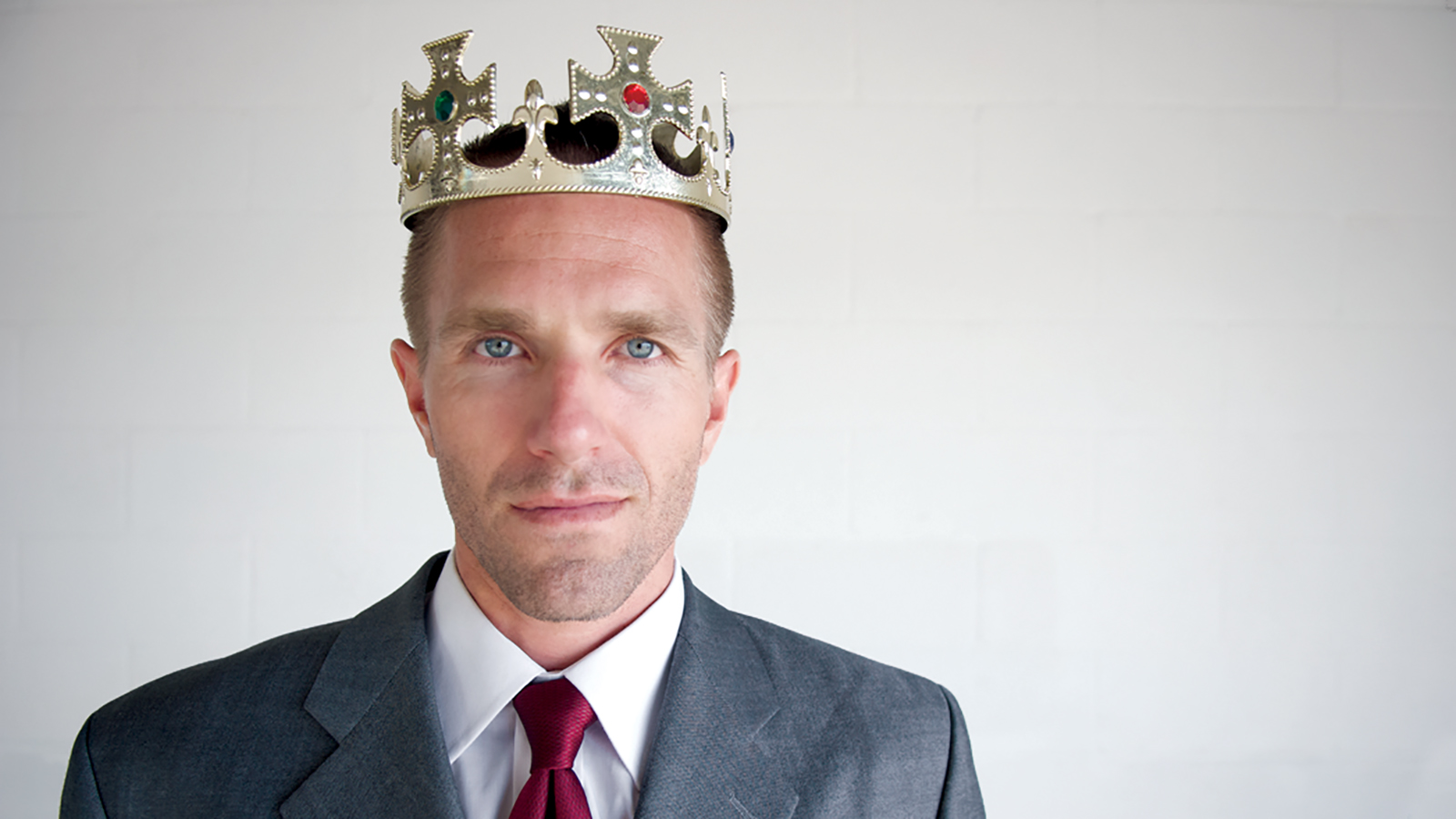The 150 evangelical leaders who met behind closed doors on January 14 to anoint a Republican candidate for President were wise not to have invited me.
I believe that Christians have an urgent duty to engage the social, economic, and moral threats to a healthy society. That requires a wide variety of political action. However, one thing it doesn't call for is playing kingmaker and powerbroker.
By conspiring to throw their weight behind a single evangelical-friendly candidate, they fed the widespread perception that evangelicalism's main identifying feature is right-wing political activism focused on abortion and homosexuality. In truth, it is hard to imagine the Religious Left in 2008 doing something similar: holding a conclave to decide whether they would throw their collective weight behind either Hillary Clinton or Barack Obama, unwilling to leave the Democratic primary results to the voters.
I am jealous for the reputation of evangelical Christians. And so are a host of other Christian thought leaders. In 2008, Presbyterian pastor (and Christianity Today board chair) John Huffman gathered a broad-based group to affirm and lend support to a defining document, entitled "An Evangelical Manifesto." The broad coalition included key seminary presidents, leaders of Hispanic evangelicalism, tall-steeple pastors, and leaders of key parachurch ministries. There were even denominational leaders: the national commander of the Salvation Army was among the first to sign up after the charter signatories.
Christian leaders who exercise the will to power partake of the same thing they decry in society.
The Manifesto explained that evangelicalism is defined by its beliefs, its piety, its compassion, and its mission activity. The Manifesto was largely positive, but when it finally turned negative, it strongly repudiated attempts to politicize the faith, either from the Right or from the Left.
In a Wall Street Journal op-ed, Wheaton College literature professor Alan Jacobs suggested what the Manifesto writers should have put up front (full disclosure: I was one of the document's editors). He said what some of us thought without being bold enough to blurt it out: "We're fed up with being the Republicans' lapdogs, but don't think we're joining the Democratic kennel."
When evangelicals are confined to a partisan kennel, it is easy to think we are exercising real power. In fact we are, to use the old Soviet phrase, serving as "useful idiots." Christianity Today founder Billy Graham discovered this had happened to him. Out of an abundance of enthusiasm and good will, he tried to aid Richard Nixon in his campaign. Later, when Watergate transcripts revealed the true Nixon, Graham realized he had been used.
We are tempted to think we can be kingmakers and powerbrokers, that we can deliver or withhold the support of a voting bloc. But if there is any lesson in the story of this year's primary elections, it is this: evangelicals have not voted as a bloc and many are not following their leaders. (Ironically, in December several news pieces described the lack of consensus on a candidate among Iowa evangelicals–and then referred to them as a voting "bloc." How could they be a "bloc" if they couldn't agree which they hated more: Mitt's Mormonism or Newt's infidelities?)
Rather than trying to demonstrate power through the promise or threat of votes, evangelicals should use influence. Influence is a matter of education and persuasion—informing and convincing constituents and lawmakers alike. In the past four decades, the number of evangelical advocacy groups operating in Washington, DC, has grown thirteenfold, from three to thirty-nine. These groups focus on a variety of issues, both domestic and international: human rights, global poverty, religious freedom, bioethics, family life, and immigration, among them. They advocate for legislation that will address these problems, but because they need everyone's support, they have learned to work both sides of the aisle.
We should also exercise influence by focusing our talent on the institutions of influence—the universities, think tanks, and media outlets where elites shape culture. James Davison Hunter advocated this approach in his book, To Change the World. But he didn't advocate it as a strategy for cultural change so much as an exercise in serving the common good.
In 2010, Hunter told Christianity Today, "Whenever Christian churches and organizations partake in the will to power, they partake in the very thing they decry in society."
This is the kind of boomerang effect that happened when the Puritans took advantage of the power vacuum created in 1649 when King Charles I was decapitated for treason. The Puritans accomplished much good in society, especially in the mediating institutions of church and family. Yet, some of their leaders succumbed to the will to power, and ultimately lost the popular support necessary to govern.
Unfortunately, the word Puritan garnered the same connotations that are adhering to evangelical today. Both groups were betrayed by good intentions and the seduction of power.
Copyright © 2012 Christianity Today. Click for reprint information.
Related Elsewhere:
David Neff's earlier Past Imperfect columns include:
"It Almost Looks like a Bible": How the Physical Form of a Bible Shapes Us | Will the digital Scriptures speed the decline of family spirituality once fostered by family Bibles? (Jan. 17, 2012)
Our Secret African Heritage | How we can remember our big family history. (Nov. 23, 2011)
Criminalizing Circumcision | We have secularized the ancient Jewish rite—but it is still inescapably religious. (Aug. 29, 2011)
For more politics coverage, see our politics blog and topic page.
Christianity Today's earlier coverage of the Evangelical Manifesto includes:
Gospel Independence | Evangelicalism needs to be centered on faith, not politics. A Christianity Today editorial (June 26, 2008)
A Gentle Plea for Civility| Why America needs An Evangelical Manifesto. By Os Guinness (May 9, 2008)
Evangelicals Lament a Politicized Faith | New document calls for allegiance higher than political party, nationality, or ideology. (May 9, 2008)
Manifesto Denounces Politicized Faith | A document called the "Evangelical Manifesto" will be released Wednesday, critiquing evangelicals who wage culture wars. (May 2, 2008)
NAE Unveils New 'Manifesto' (Apr. 8, 1996)










